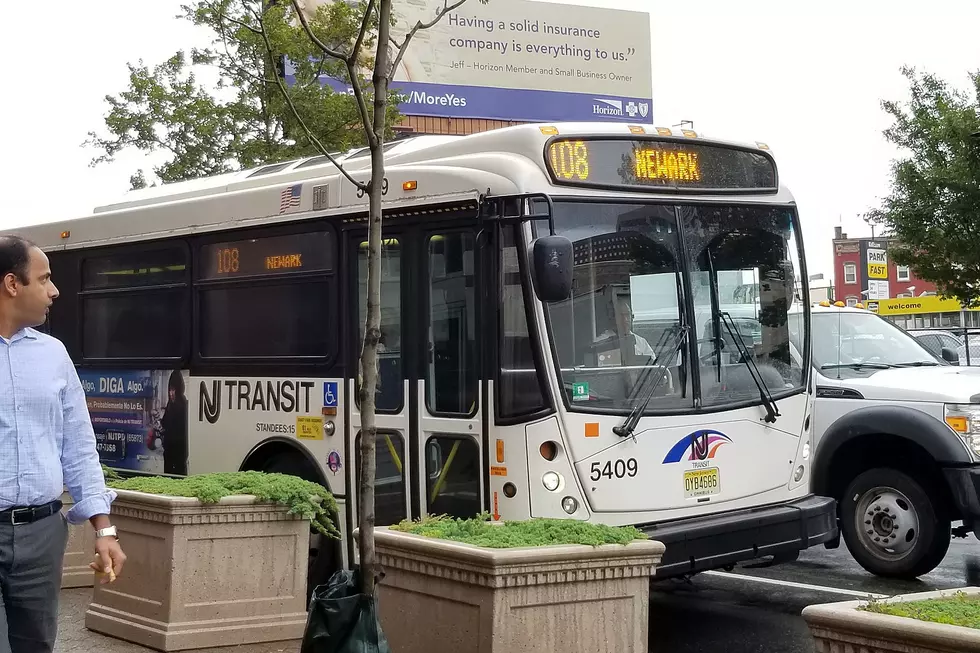
People with autism need to take the bus, too: NJ eyes new laws
TRENTON — Eight bills aimed at easing access to transportation for people with special needs such as autism advanced Monday in the Assembly.
With little dissension, the Assembly Transportation and Independent Authorities Committee passed eight bills directing steps to be taken by NJ Transit and the state Department of Transportation and Department of Human Services. The Senate companions for the bills haven’t yet been taken up.

“These are really important initiatives to increase the freedom and the ability to travel for individuals with disabilities,” said Jacob Caplan, advocacy manager for Easterseals New Jersey.
“For people with intellectual and developmental disabilities, accessible transportation is one of the most important components to a successful and integrated life in the community,” said Sharon Levine, director of governmental affairs and communications for The Arc of New Jersey.
“It affords them freedom and independence and the ability to make their own choices and decisions,” Levine said. “Independent travel can open the door to many societal benefits – for some, the capability to travel independently can mean being able to find and maintain competitive employment in the community. For others it means visiting a significant other, being able to stay connected to friends and family and being a part of society and being able to navigate their own world.”
The bills were drafted in response to a report from the New Jersey Task Force on Transportation, Mobility, and Support Service Needs of Adults with Autism, which was created by a 2017 law. That task force was established after a 2015 study by Autism Family Services of New Jersey and Rutgers University’s Center for Advanced Infrastructure and Transportation, or CAIT.
“These bills are a result of that study. We’ve expanded them slightly to include those with intellectual and developmental disabilities.”
The package includes:
- A5334 Requires DOT and NJT to study and implement transportation mobility and accessibility improvements for persons with autism and developmental disabilities.
- A5335 Requires NJT to expand or modify routes and hours of certain transportation services and to solicit input from individuals diagnosed with autism.
- A5336 Requires Director of Division of Developmental Disabilities to establish payment programs for purchase of transportation services from private sector and government transportation service providers.
- A5337 Requires DOT to implement complete streets policy that considers individuals diagnosed with autism.
- A5338 Requires certain transportation research to consider needs of individuals with physical, sensory, intellectual, and developmental disabilities.
- A5339 Requires driver education programs to be inclusive of all students.
- A5340 Establishes Office of Statewide Mobility Manager to assist individuals with autism and their families with transportation and mobility needs.
- A5341 Updates 2-1-1 telephone system information to include all current modes of public transit and information on access and usage.
Benson said NJ Transit is already embarking on a review and realignment of its schedules.
“Those things are changing post-pandemic,” Benson said. “This is a good time to make sure that those efforts become inclusive of those with special needs.”
“It’s very important that we do our complete streets so everyone can enjoy them, especially those that are vulnerable, with disabilities, and that we can help them move around without fear,” said Assemblywoman Annette Chaparro, D-Hudson.
“Expanding research for this community will ensure that our state has the most autism-friendly and autism-conducive design features possible for a robust transportation system,” said Assemblywoman Yvonne Lopez, D-Middlesex.

The only bill that wasn’t advanced unanimously was one creating the Office of Statewide Mobility Manager. Two Republicans – Assemblymen Greg McGuckin, R-Ocean, and John DiMaio, R-Warren – voted to abstain.
“I was with you on everything else, but creating a new office I don’t believe is the right way to go at this point,” McGuckin said.
A fiscal estimate for the bill says the office would probably cost at least $200,000 to start and grow from there.
WHERE DID THEY GO? Here are 50 of your favorite retail chains that no longer exist.
More From Beach Radio










